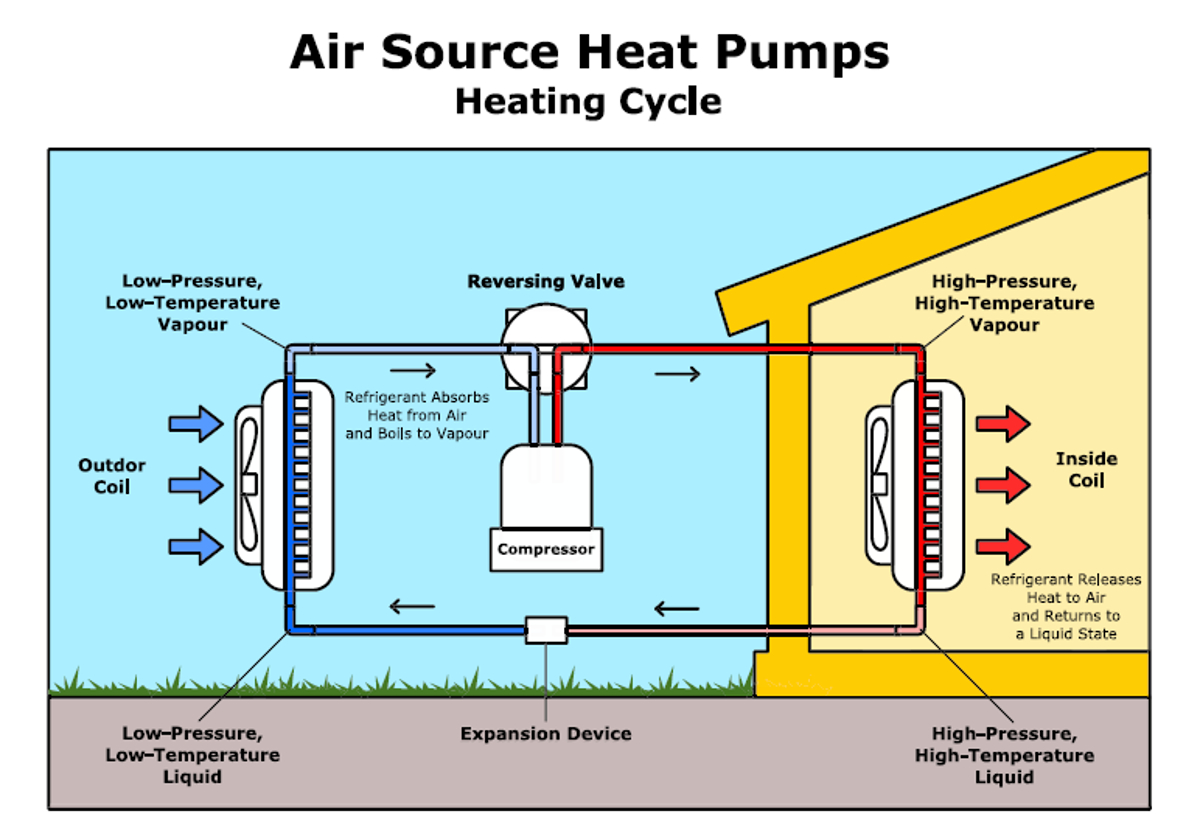- cross-posted to:
- technology@lemmit.online
- cross-posted to:
- technology@lemmit.online
25 States Agree To Quadruple Number Of Heat Pumps In America::The US Climate Alliance met in New York City this week to explain the benefits of heat pumps, including better health for American families.



And what is the problem with a gas hybrid heat pump? It’s an ideal solution for places that get very cold, use the gas furnace for the weeks when it’s below -5 and use the heat pump for many months around that. It’s one of the most efficient ways to use a heat pump as you don’t have to bully it through the coldest part of winter with very bad COPs, you’re only using it when it’s most efficient. And when your heating period is very long, that will only benefit your seasonal COP. So of course it’s more expensive than a simple furnace, but it will also save loads of energy and redeem itself after 5-10 years.
The best part about this is you already have an AC, aka a heat pump, but you don’t use it for heating?
I live in New England and gas hybrid is what I looked at. I’m sure it would be very effective, while greatly reducing various air pollution. They quoted $22k to replace my existing furnace and ac, and this was before the big round of price gouging. That is a lot of money.
I live in southern Wisconsin, and that’s about what they quoted me in the past year for a top of the line system of both the AC and furnace. That’s a multi-stage system that runs at a low level all the time (that’s the most efficient way to run it). This is before tax incentives.
A more basic system was around half that cost. If your AC and furnace need replacing, anyway, it’s not much more.
Tbf, minimum cost is going to be $4k, so for him/her the minimum was $8k. We don’t know their financial situation but that is a lot of money to cough up.
Thing is, it’s not much more than replacing the AC/furnace, anyway. They only last around 20 years. Often less, because people don’t do preventative maintenance on them.
Totally agree, but not everyone has the finances to do a big upfront cost like that. Same story as the $10 vs $50 pair of shoes from a century ago.
First off, that’s what government incentives are for. Exactly the sort of program that OP is pointing towards.
Second, this stuff breaks eventually. That’s part of home ownership. I realize this isn’t a perfect solution, but you really do need to plan for this sort of thing. In the case of my wife and I, we were easily able to cover it with a home equity loan (along with solar panels and a new rood and a few other things). We could only do that because we’ve been in the same house for over a decade, live in an area with rising house prices, and have good credit. These things will easily pay for themselves in the long run, so the home equity loan makes good sense.
But I’m fully aware not everyone can do that. This is a place where government needs to step in to do it faster.